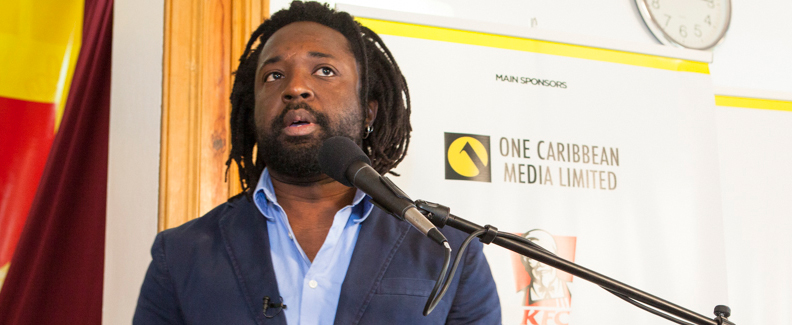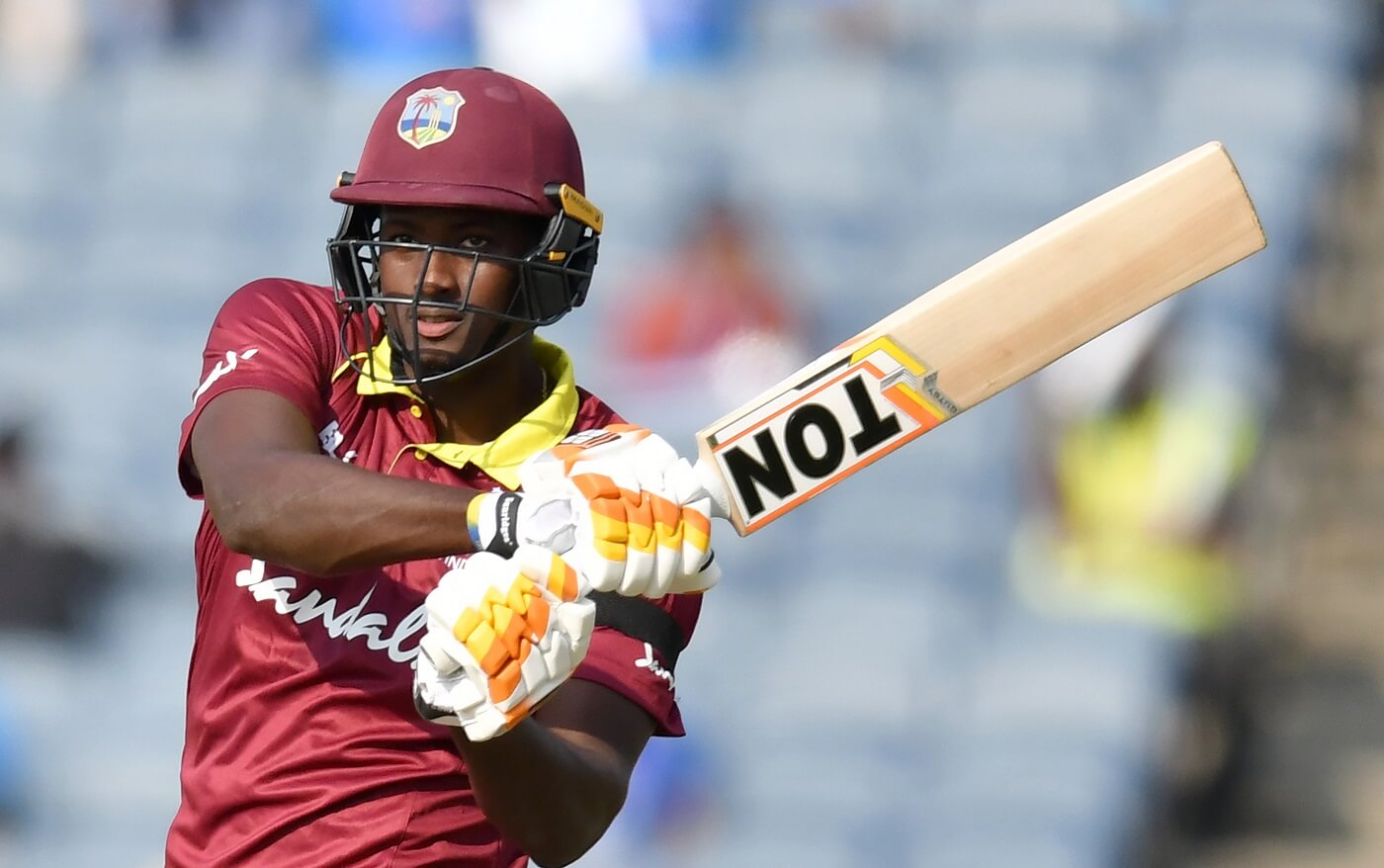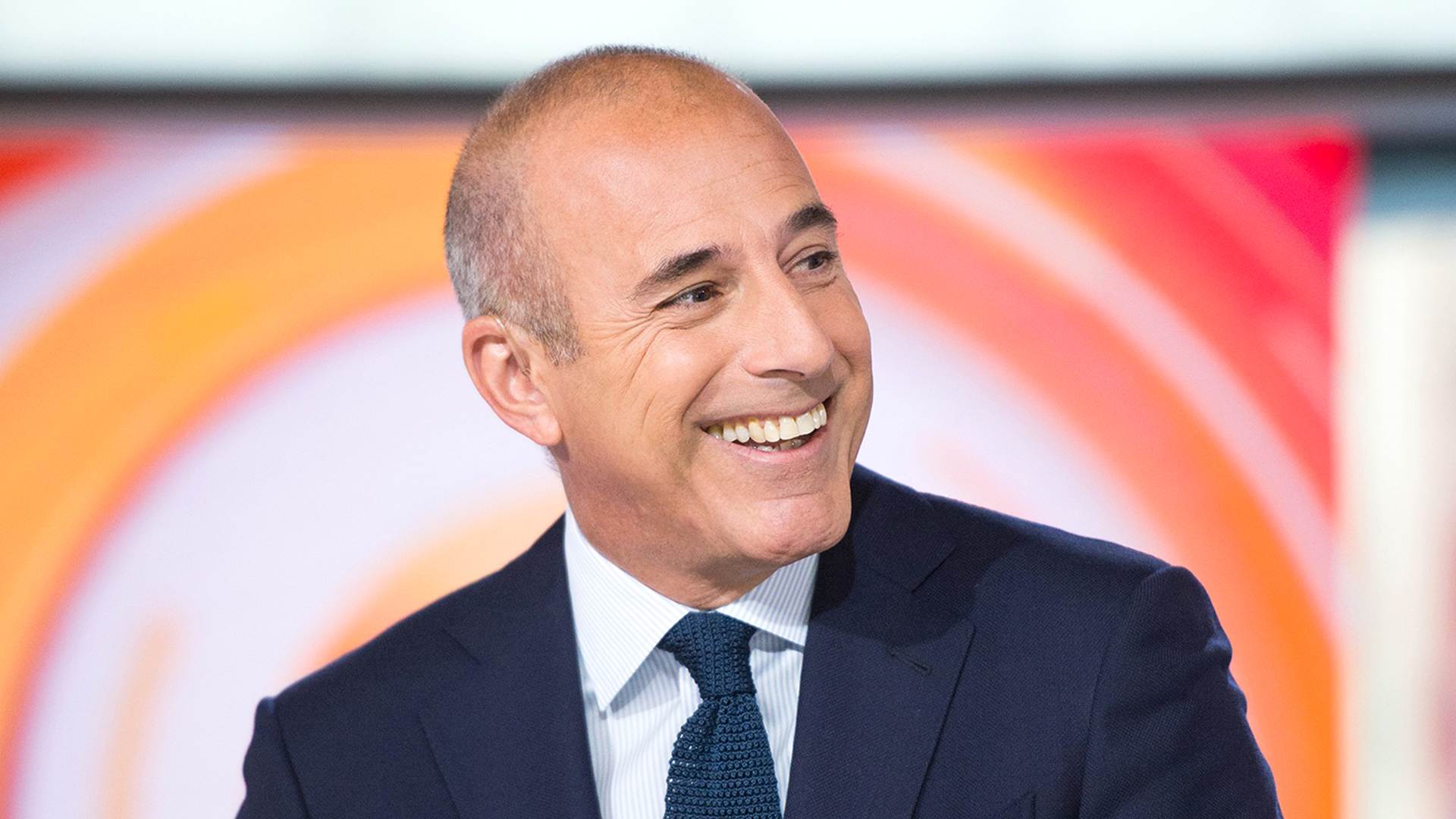The Question of a National Literature
- by Darin Gibson -
… a term as dangerous as ‘black music’ or ‘women’s literature’
At the NGC Bocas Lit Fest, Jamaican novelist Marlon James was given the daunting task of delivering the keynote address on the complex topic of ‘A National Literature?’
His comprehensive and stirring contribution raised several key concerns about who defines a national literature, describing the term itself as dangerous as the terms ‘black music’ or ‘women’s literature’.
Such categorisations have the potential, on one hand, to dictate both the creative form and content of these expressions while, on the other hand, they can also limit the ways these expressions are interpreted and experienced by listeners and readers. Factors such as geographic location, social composition, nationality and heritage create a complicated equation that can render such an issue almost irresolvable. Perhaps this is the reason why the theme of the debate was expressed as a question.
 Does/Can the work of a writer born in Jamaica but living and writing abroad still be considered national literature?
Does/Can the work of a writer born in Jamaica but living and writing abroad still be considered national literature? - Does the title of citizenship affect the perception of the writer’s work?
- What about the British or Canadian national of Jamaican parentage whose literary work revolves around Jamaican and the Jamaican diaspora’s realities and whose sensibilities are profoundly influenced by his/her Jamaican heritage?
These questions also raise another important concern about accuracy for, as James pointed out, the national writer living abroad can be susceptible to ‘an unhealthy association with nostalgia’
- What about content?
- How can the content of a national literature be defined?
- Must it include specific elements of the Jamaican cultural scape to be considered a national work?
- How long must a writer have resided in his/her native land before he/she can be considered a legitimate voice of Jamaican life?
- Who defines the authenticity of this voice?
- Is it the readership of nationals, the political power of the time, or both?
James noted that there are writers who have international critical acclaim for their work and yet are barely known in their homeland. Yet there are also the decision-makers who are unaware of much of the literary output of its nationals, at home or abroad. How can there be equitable, comprehensive analysis and induction into the canon of national literature? These are only a few of the issues that challenge any clear-cut definition of a national literature.
Financial profit remains a chief concern. With multinational publishing houses striving for stability, concessions will often be made to writers and literary works that are most likely to provide substantial return. Writers therefore have been and will continue to be tempted to craft their subject matter in ways which are recognisable to the global reading public. And for Caribbean writers in particular, this shaping may not always be an accurate depiction or representation of the actualities of the country and its people but a feeding of the international public’s already held perceptions of a region. Literary work, instead of breaking new ground, is susceptible to a culturally stagnating but financially profitable exoticism.
James spoke of one of his manuscripts being returned by a publishing house with the note that the work would have more global appeal if it were not written in Jamaican creole. Certainly many writers have had to make this choice of the voice/s that convey/s their literary work and it has been debated for decades by writers around the world, particularly those of formerly colonised nations. The wider the readership, the greater the possible income. Even apart from the material concerns, a writer wishes to be read. Although the writer may focus on and desire most the readership of his/her native country, the writer’s desire to be read will not be limited to fellow natives.
It appears that the categorization of literature is or has become a necessary aspect of publishing and perhaps there may be a political ease with which literary works can be boxed, managed and shipped as definitive representations of the national soul, or at least the nation’s way of life. However Marlon James asks if freedom from such definitions cannot still accept traditions while permitting freedom to grow, open to new developments in the craft.
This conversation was part of the Edinburgh World Writers Conference with the Trinidad leg taking place in April at the NGC Bocas Lit Fest. The debate which was streamed live on the EWWC’s website was panelled by Irvine Welsh, Hannah Lowe and Vahni Capildeo and chaired by Marina Warner.




